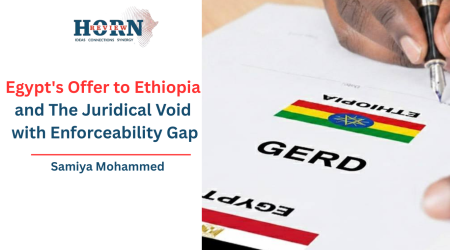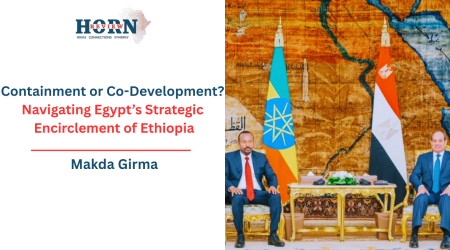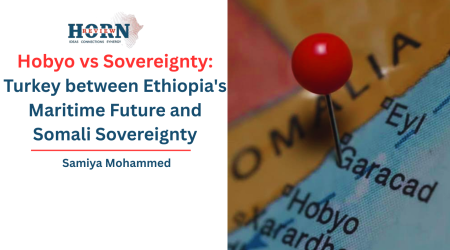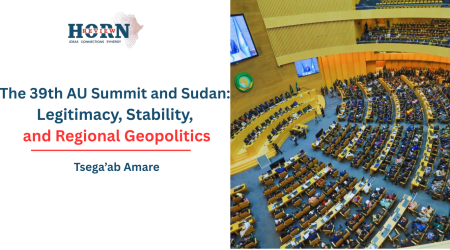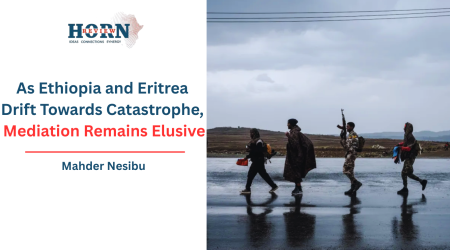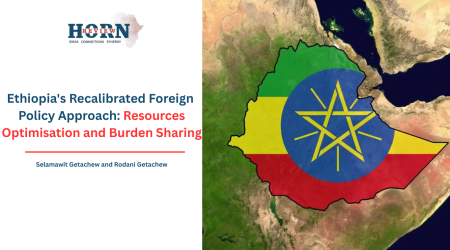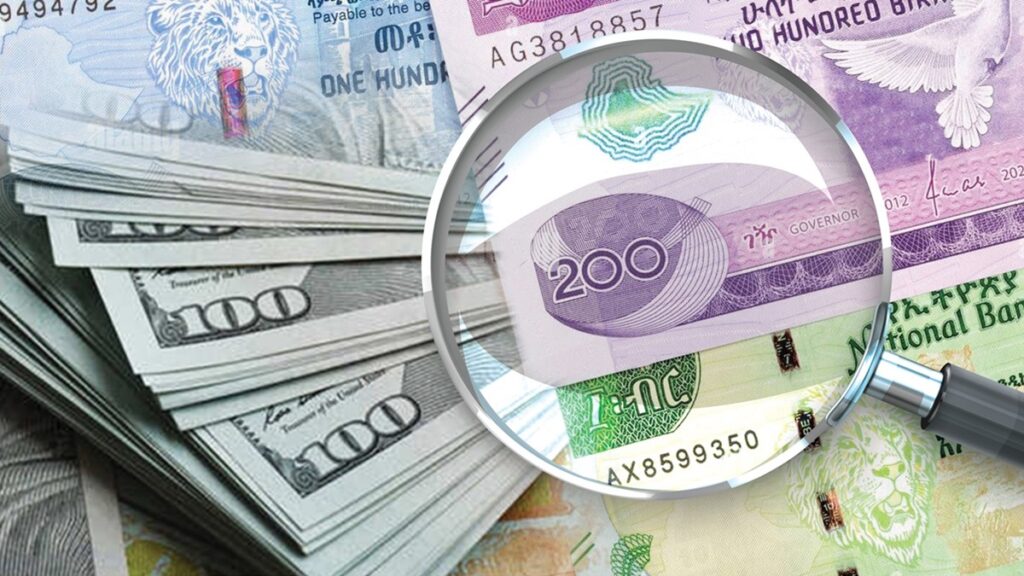
11
Aug
Security Dimensions of Ethiopia’s Foreign Currency Market: External Challenges and Strategic Responses
Ethiopia’s foreign currency market has long been a focal point where economic pressures intersect with national security concerns. While domestic factors such as limited availability of foreign exchange, bureaucratic inefficiencies, and structural imbalances have historically sustained a thriving parallel market, there is a growing recognition that external actors, networks, and geopolitical interests also play a significant role in undermining the stability of the Ethiopian birr. The challenge is thus not purely economic; it is also strategic, requiring a coordinated approach that blends financial regulation with security and intelligence measures.
Recent developments have sharpened the government’s focus on these issues. In a notable announcement, the Governor of the National Bank of Ethiopia (NBE), Mamo Miheretu, stated that the Bank had addressed many of the structural gaps driving demand in the parallel market. Through injections of USD sourced from international partners such as the IMF and World Bank, the NBE has significantly increased the supply of foreign currency to commercial banks, eased bureaucratic procedures for accessing dollars, and reduced bottlenecks that previously pushed legitimate demand into illicit channels. The Governor reiterated that with these measures in place, reliance on black market forex is no longer justified, warning that the authorities would track, confiscate, and disrupt the funds circulating within illegal networks.
Yet despite these interventions, the persistence of the parallel market points to the deeper issue of organized foreign-linked operations with both economic and political motives. Historically, certain cross-border dynamics have fed into Ethiopia’s forex vulnerabilities. Before the 1998–2000 war, Eritrean traders and intermediaries, benefiting from a period of close bilateral relations, leveraged their access to Ethiopian financial systems to obtain hard currency at official rates and re-export it to meet Asmara’s acute dollar shortages. It is remembered that when relations soured, Ethiopia had undertaken a currency change, replacing the old birr with a new series, partly to insulate its reserves from Eritrean exploitation. This, amongst other issues, is recognized to have caused the fallout that led to the war.
These patterns have been associated with the large presence of Eritrean refugees in Ethiopia. Since the efforts of economic liberalization, intelligence reports and official briefings suggested that Eritrean migrants linked to the PFDJ, alongside pro-TPLF networks, were active in Ethiopia’s illegal forex market. The National Intelligence and Security Service (NISS) has, in recent months, arrested several Eritrean nationals suspected of facilitating illicit transfers in coordination with networks abroad. According to security sources, these operations form part of a wider strategy by external actors to weaken Ethiopia’s financial stability and benefit foreign elements in need of USD, drawing on the same hard currency extraction tactics used in earlier periods.
The NBE’s recent warning also singled out foreign actors from abroad, particularly the UAE, for distorting Ethiopia’s foreign exchange market. While details remain limited, such involvement likely reflects both opportunistic profit-seeking and the broader strategic positioning of external commercial interests in the Horn of Africa. Given the region’s role in global markets and its fast-evolving security architecture, the ability to influence Ethiopia’s currency flows can become a lever of political and economic pressure.
The operational mechanics of these networks are complex. Illicit traders obtain USD through informal brokers, foreign remittance manipulation, or outright smuggling, often using diaspora-linked payment channels to bypass formal banking oversight. The dollars are then sold domestically at the parallel rate, while the local currency collected is either repatriated, invested in contraband imports, or used to fund political activities. In many cases, these networks are embedded within legitimate commercial activities, making detection and disruption a challenge for financial regulators alone.
For Ethiopia, the persistence of this challenge underscores the limits of purely monetary or administrative solutions. Even as the NBE continues to expand dollar availability and improve access through legal channels, these measures will not fully deter actors whose motivations go beyond profit to include political disruption or geopolitical influence. This is where the role of intelligence institutions such as NISS becomes indispensable. Coordinated surveillance, financial tracking, and the dismantling of cross-border supply chains can disrupt the operational core of these networks. More importantly, intelligence-led action can target the leadership and logistical infrastructure, which often lie outside Ethiopia’s formal jurisdiction but rely on in-country operatives.
The issue also carries a broader dimension of national responsibility. While legitimate businesses and citizens often turn to the parallel market out of necessity, foreign actors involved in illegal forex trading operate without any sense of ownership or accountability towards Ethiopia’s economic stability. Addressing this gap requires reinforcing the public’s confidence in the official system by ensuring that obtaining foreign currency through banks is not only possible, but also predictable and transparent, while applying strict consequences for those who undermine it.
Ethiopia’s foreign currency market is both an economic and a security frontier. The government’s recent steps to inject liquidity, simplify access, and dismantle bureaucratic barriers are critical in addressing the legitimate demand-side drivers of the parallel market. But to neutralize the more entrenched, politically motivated networks – whether linked to past adversaries, present regional rivals, or opportunistic foreign intermediaries – requires the full integration of financial policy with strategic intelligence operations. Only by addressing both dimensions in tandem can Ethiopia hope to secure its monetary sovereignty and insulate its economy from external manipulation.
By Mahder Nesibu, Researcher, Horn Review

